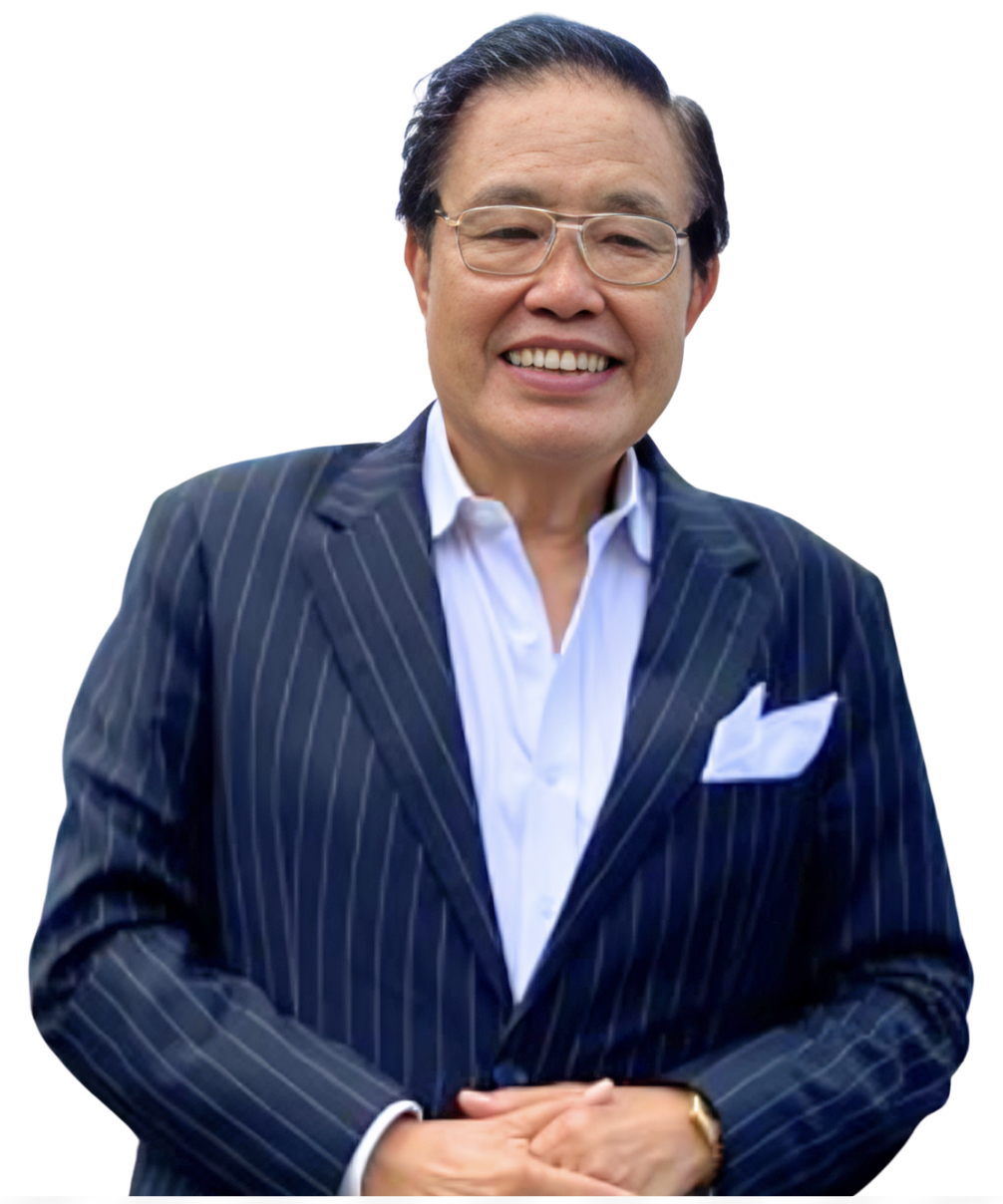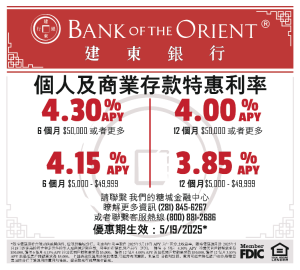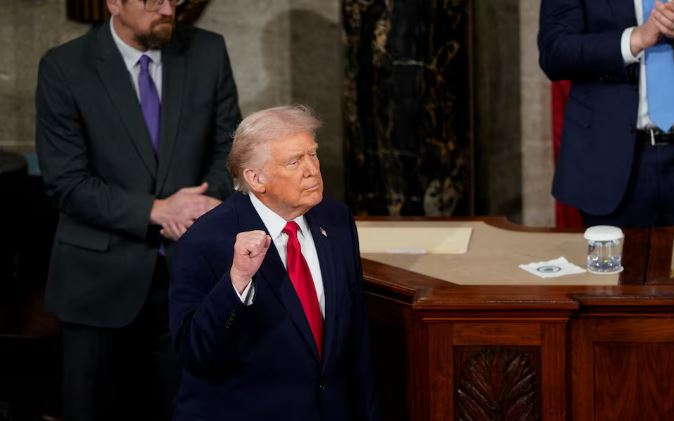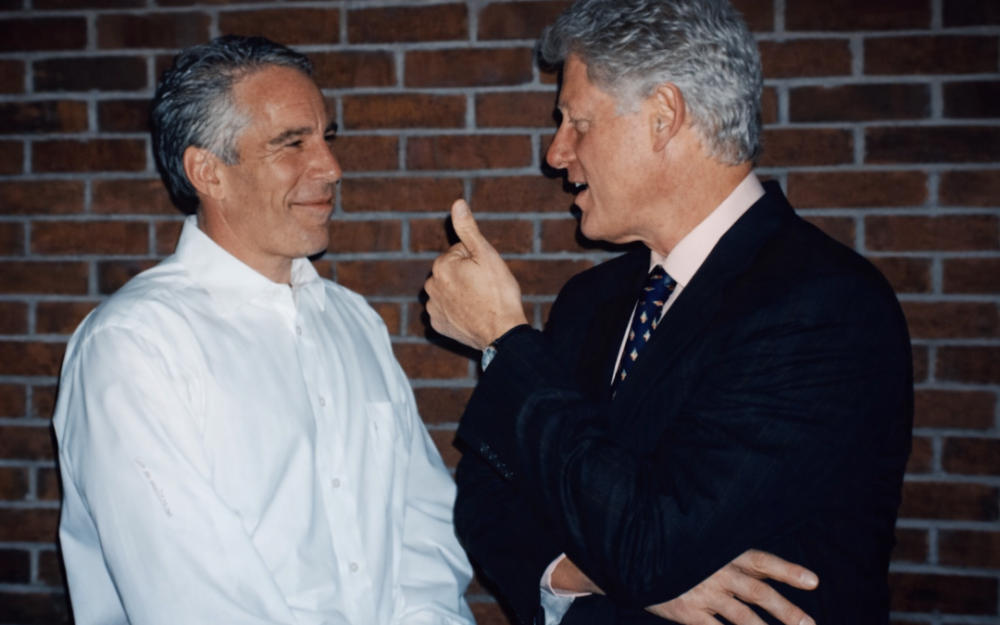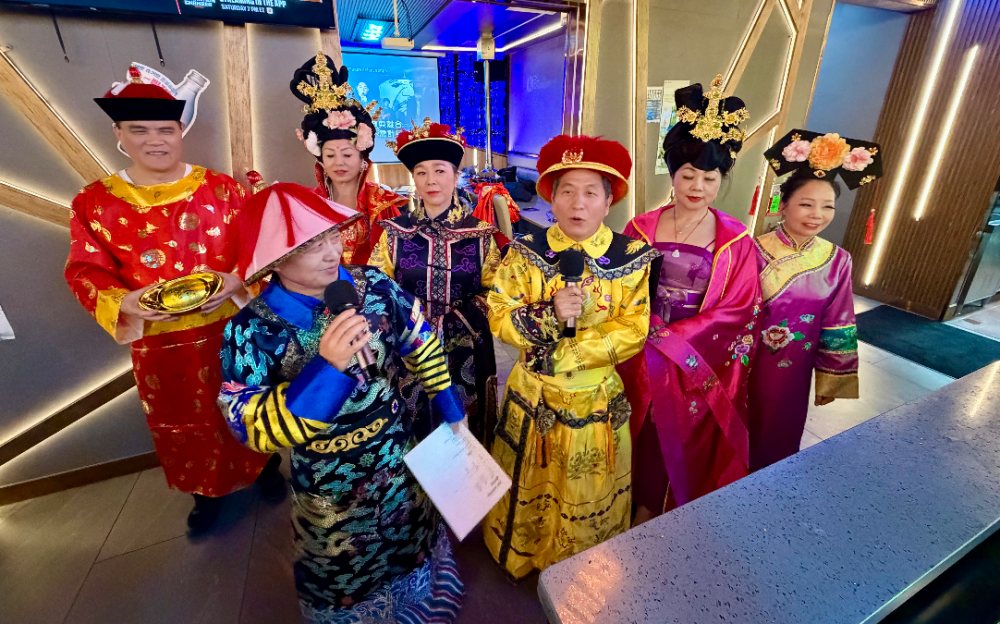紐約政治變天:從金融之都到進步左翼的新實驗場 新的年輕市長
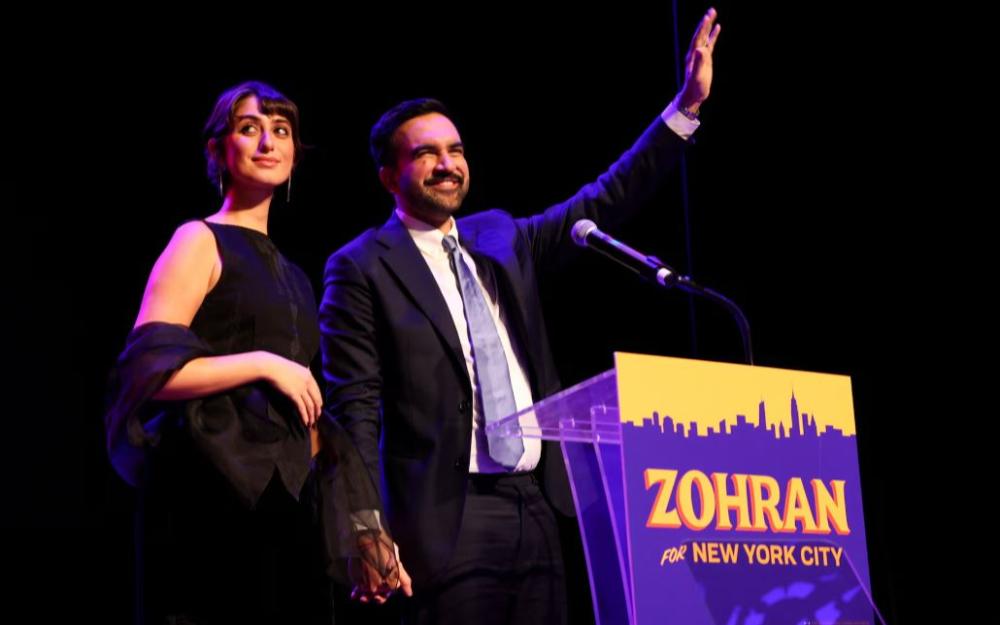
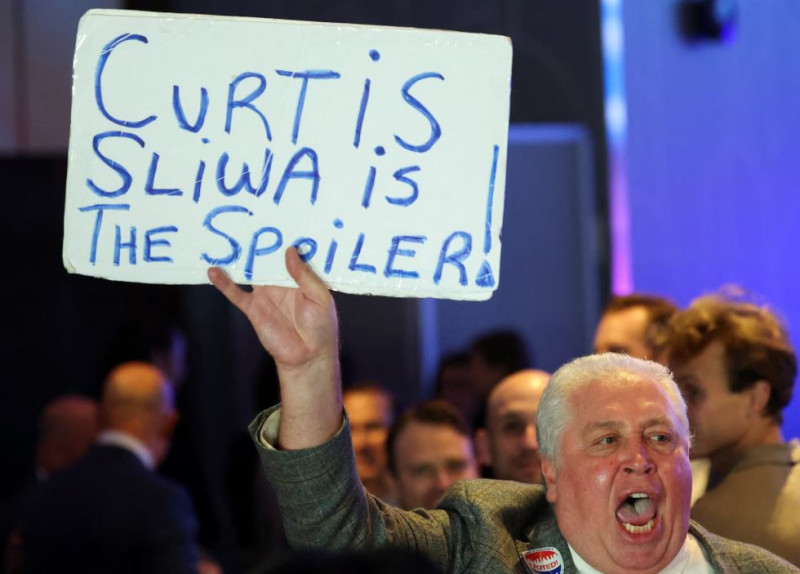
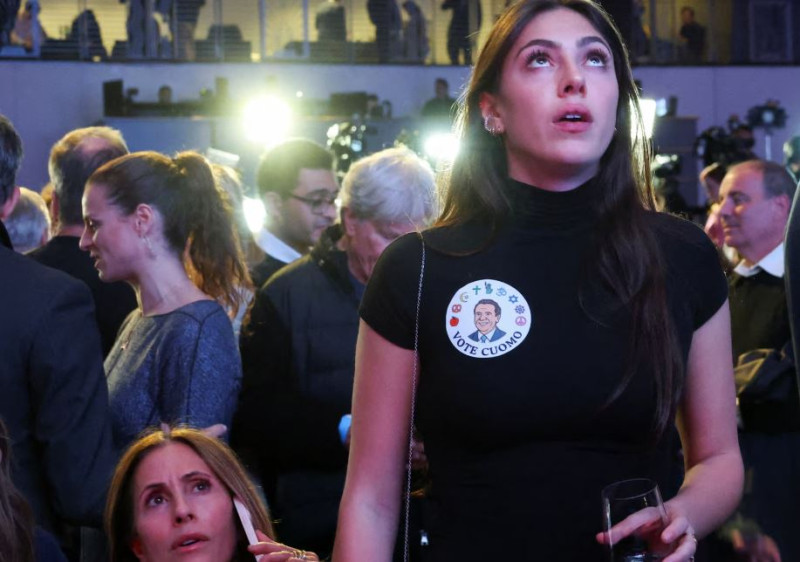
(照片来源: Reuters )
紐約政治變天:從金融之都到進步左翼的新實驗場 新的年輕市長
在這個秋風驟起的十一月,紐約的天氣轉冷了——但更冷冽的,或許
一場象徵性的選舉:Mamdani 的崛起
2025年的紐約市長選舉,已被不少觀察家形容為一場「世代交替
來自皇后區的年輕穆斯林議員 Zohran Mamdani,在民主黨初選中大勝老牌政治人物、前州長安德魯
在紐約街頭、地鐵站與公寓區,這場選舉的熱度並非來自傳統的政治
為什麼說「變天」?
紐約長久以來是民主黨的大本營,但過去的民主黨,多是商業界與勞
「變天」的意涵,不只是政黨輪替,而是政治哲學的更迭。Mamd
進步與風險並存的十字路口
政治的浪潮總帶來希望與不安並存的張力。Mamdani當選,他
• 租金凍結與住房改革:可能為低收入家庭帶來喘息空間,但也可能引
• 公共交通免費化:理念動人,實施卻需要龐大的財政支持,考驗市政
• 企業稅與收入再分配:可能讓城市更公平,也可能令企業與富裕階層
對紐約而言,這不僅是一場選舉的勝負,更是一場關於城市靈魂的辯
這座城市究竟是「華爾街的紐約」,還是「人民的紐約」?
全國政治的風向標
紐約從來不只是紐約。作為全美最大都市,其政治變化往往具有風向
Mamdani 的勝出若成真,意味著民主黨內部的「青年化與左傾」已不可逆轉。
結語:變天之後的黎明
紐約的天變了。風更冷,夜更長,但黎明或許也更近。
城市的命運,如同那座閃耀於哈德遜河畔的天際線——在動盪與光影
一種能讓所有人被看見、被傾聽、被尊重的政治。
變天,不只是結束,也可能是一個新的開始。
New York’s Political Earthquake: From Financial Capital To Progressive Experiment
This November, as cold winds sweep through the streets of Manhattan, the chill in the air feels more than seasonal — it’s political. New York City, long governed by moderate Democrats and pragmatic administrators, is experiencing a profound shift. The world’s financial capital may soon become the nation’s boldest laboratory for progressive politics.
⸻
A Symbolic Election: The Rise of Zohran Mamdani
The 2025 New York City mayoral race has been described by many observers as a generational revolution. Zohran Mamdani — a young Muslim assemblyman from Queens and self-described democratic socialist — stunned the political establishment by defeating former governor Andrew Cuomo in the Democratic primary. His campaign, centered on rent freezes, free public transit, and corporate tax reform, struck a powerful chord among younger voters and working-class New Yorkers frustrated by inequality, unaffordable housing, and rising crime.
Across subway platforms and crowded apartment blocks, his message spread not through traditional party machinery, but through a sense of shared disillusionment. For many, Mamdani represents not just a candidate but a promise — a vision of an alternate future where politics serves people, not power.
⸻
Why “Political Change of Heaven” — A True Turning Point
For decades, New York’s Democratic establishment has thrived on compromise — balancing labor and business, governance and growth. But that balance is cracking.
The phrase “political change of heaven” captures something deeper than a mere shift in leadership. It signals a transformation of political philosophy itself. Mamdani embodies not the managerial Democrat of the Bloomberg or Adams era, but a grassroots movement demanding structural change. His rhetoric is bolder, his agenda more idealistic, and his challenge to entrenched interests more direct.
New York now stands as the testing ground for a critical national question:
Can the ideals of social justice, economic equality, and public empowerment survive the realities of governing America’s largest metropolis?
⸻
Hope and Risk at a Crossroads
Every revolution carries both promise and peril. If Mamdani takes office, his agenda could reshape New York City’s landscape:
• Rent and Housing Reform: Rent freezes could provide relief for struggling tenants, but would risk shrinking private investment and housing supply.
• Free Public Transit: A visionary policy that would require massive fiscal commitment, testing the limits of municipal budgets.
• Corporate and Wealth Taxes: Designed to redistribute opportunity, yet likely to trigger pushback from Wall Street and affluent residents.
At its heart, this is more than policy — it’s an identity struggle. What kind of city does New York want to be? The New York of Wall Street — or the New York of the people?
⸻
A National Bellwether
New York is never just New York. As America’s largest and most influential city, its political trajectory often sets the tone for the nation. A decisive leftward turn in New York could reverberate far beyond its five boroughs, reshaping the Democratic Party’s internal balance and influencing both the 2026 midterms and the 2028 presidential race.
If Mamdani’s victory holds, it would signal that the Democratic Party’s youthful, progressive transformation is not a passing trend but a structural realignment. Republicans, in turn, could use New York’s leftward shift as a rallying cry — portraying it as a cautionary tale for suburban and middle-class America.
⸻
Conclusion: The Dawn After the Storm
Yes, New York’s weather has changed — and so has its political climate. The winds are colder, the nights longer, but dawn may be near.
The city’s destiny, like its glittering skyline, is forged in light and turbulence. Mamdani may not transform New York overnight, but his rise reveals something powerful: the city’s enduring hunger for justice, voice, and visibility.
This political “change of heaven” is not merely an end — it may be the beginning of a new chapter in the story of democracy itself.


